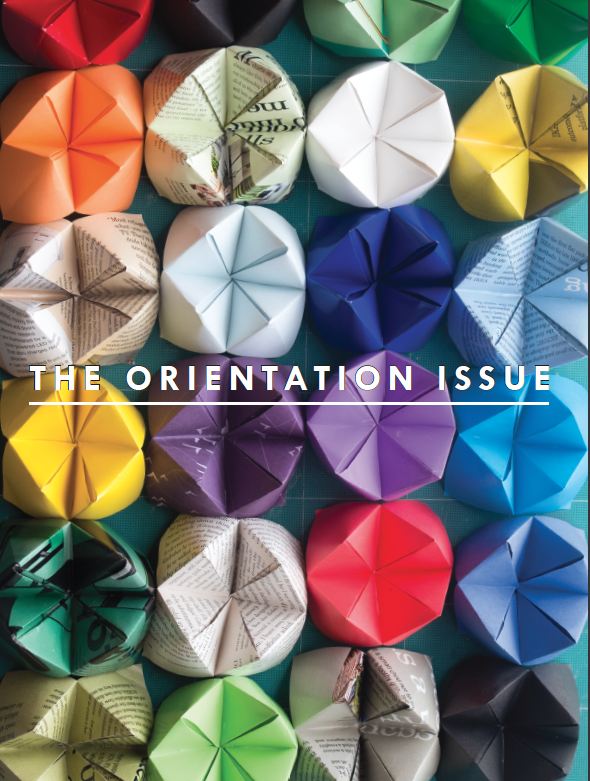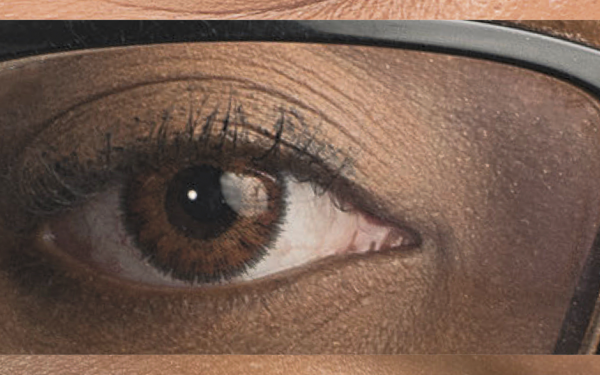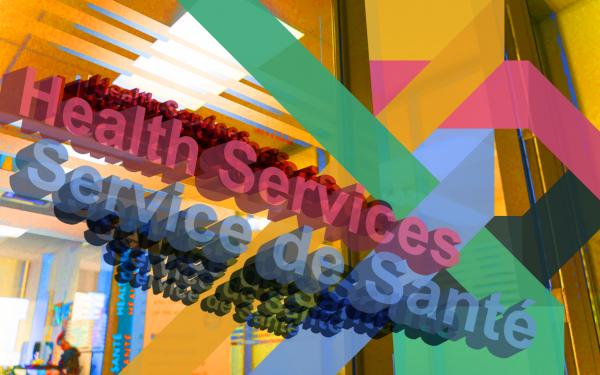Editorial: Situating Ourselves, Choosing Sides
If you’re new to Concordia or Montreal, the sheer volume of things happening all around makes keeping track of it all nearly impossible—nevermind actively taking part in shaping the world around us.
Watching the news, it sometimes feels like we’re living in the era of institutional failure. We wonder if our university is really addressing the epidemic of sexual violence on campus, and feel our city is failing to protect its most at-risk residents. There are even neo-nazis marching in our streets.
But there’s more to that story.
People are addressing these issues themselves. Mutual support networks name abusers and remove them from positions of power. Working folks are organizing their communities.
And the first step on the road towards justice is understanding the terrain that we’re operating on. That means situating ourselves within communities, whether that means our school, our neighborhoods, or our networks of friends and loved ones.
At The Link, we stand unequivocally with the people in our school, our city, and everywhere in the world who work to improve the lives of the most marginalized.
We support the efforts of students across Quebec to keep tuition low for international students. We condemn, in the strongest possible terms, the unjustifiable decision by the provincial government to soon remove limits on tuition rates for international students. The cost increases associated with this decision will close doors for innumerable people in coming years.
Education is a right, and should be free for all students—regardless of what side of an imaginary line they were born on.
Making sure that prospective students can access the halls of the university is one step towards remaking this institution in a way that responds to our needs, rather than the needs of its donors and administrators. But it is far from the last.
If students don’t feel safe within the university they pay to attend, our efforts to keep education accessible fall short.
In response to the growing number of sexual misconduct allegations both here at Concordia and at McGill University, we support those working with survivors and pushing for policy change. We commend students who have pushed through the trauma associated with sexualized violence and are working to remake their institutions into places that are safer for survivors.
We were excited to see that the Students’ Society of McGill University has adopted a stand-alone “gendered and sexualized violence policy,” based on the Our Turn National Action Plan.
Our Turn is a student-led project that is attempting to implement survivor-centred changes to university policy across Canada. We support Our Turn wholeheartedly, and believe that students who are directly affected by sexual violence are best placed to know what solutions should look like.
We hope to see the Concordia Student Union—and the university as a whole—adopt similar policies to the one recently adopted by SSMU.
The glaring lack of effective sexual violence policies at Concordia is not the only place the university has failed to respond to the needs of its students. Mental health resources for all is of paramount importance, yet these services are often inaccessible and difficult to attain across the province of Quebec.
We appreciate that Concordia offers students some resources and encourage students to visit health services if they feel they could benefit from them. We also recognize that the services offered are not enough. Students facing mental health crises suffer long wait times, and a strictly limited number of visits to professionals. Students of colour are faced with a staff that is extremely white, and less likely to understand the specific stressors associated with being a person of colour in a deeply racist society.
We call on the university to increase funding to their mental health resource programs, in order to make these services more accessible to students. We also call for the school’s hiring process to factor in the issue of representation and diversity, so as to better serve students of colour.
These issues—tuition, sexualized violence, mental health—are just a few of numerous sites of struggle where students are attempting to improve our school. We encourage readers to look around, and identify the places in which our institutions are failing us. And we encourage those realizations to be catalysts for action.
Before we can build a better world, we need to understand the one we’re in.



.WEB_600_375_90_s_c1.jpg)


_600_375_90_s_c1.jpg)